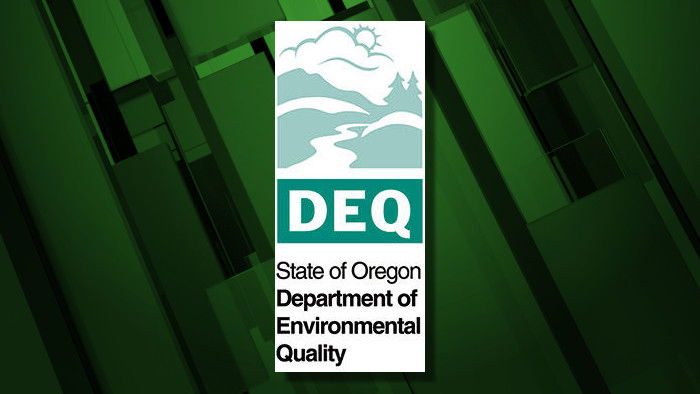Oregon DEQ approves ‘Clean Trucks Rule’ to propel shift to zero-emissions electric vehicles

PORTLAND, Ore. (KTVZ) -- The Oregon Environmental Quality Commission approved two new rules Wednesday that officials said will reduce pollution on roadways and protect the health of Oregon’s most vulnerable communities. The new “Clean Trucks Rule” requires manufacturers of medium and heavy-duty vehicles, like large pickup trucks, buses and tractor-trailer cabs, to sell a certain percentage of zero-emissions electric vehicles, starting with the 2025 model year.
“Today’s decision is a monumental step forward for cleaner air in Oregon,” says DEQ Director Richard Whitman. “Signaling that Oregon is open for business for zero emissions trucks is an important part of reducing greenhouse gas emissions and diesel pollution, particularly for communities located near our highways and rail yards. We thank the EQC for their leadership in today’s decision.”
The Clean Trucks Rule adopts California’s Advanced Clean Trucks (ACT) Rule and Heavy-Duty Engine and Vehicle Omnibus rules (HD Omnibus).
Under the ACT Rule, Oregon requires medium- and heavy-duty vehicle manufacturers to sell zero-emission vehicles as a certain percentage of sales, beginning with the 2025 vehicle model year. The HD Omnibus rules strengthen nitrogen oxides and fine particulate matter (PM2.5) emission standards for new truck engines (both diesel and non-diesel engines), in addition to other requirements for these engines.
Together, the agency said, rules will not only ensure new diesel trucks are as clean as possible, they also put Oregon on a path towards a zero-carbon transportation future.
“Transportation accounts for approximately 40 percent of statewide greenhouse gas emissions in Oregon and trucks are among Oregon’s fastest-growing sources of greenhouse gas emissions and rising,” says Rachel Sakata, DEQ’s senior air quality planner. “In Oregon, heavy-duty trucks and buses are responsible for nearly 23 percent of total transportation sector greenhouse gas emissions.”
Health effects from diesel pollution can include certain cancers, lung disease and cardiovascular impacts. Diesel engines are responsible for approximately 25 percent of all NOx emissions in the state, a precursor to the formation of ground level ozone. Communities across Oregon, including the Portland-metropolitan area and the Rogue Valley have experienced increasing levels of ozone in recent years.
About Oregon’s Department of Environmental Quality
The Oregon Department of Environmental Quality protects human health and the environment by controlling air and water pollution, reducing the impacts of manufactured products and cleaning up contaminated properties. DEQ engages the public in decision-making and helps communities solve problems in ways that are economically and environmentally sustainable.



